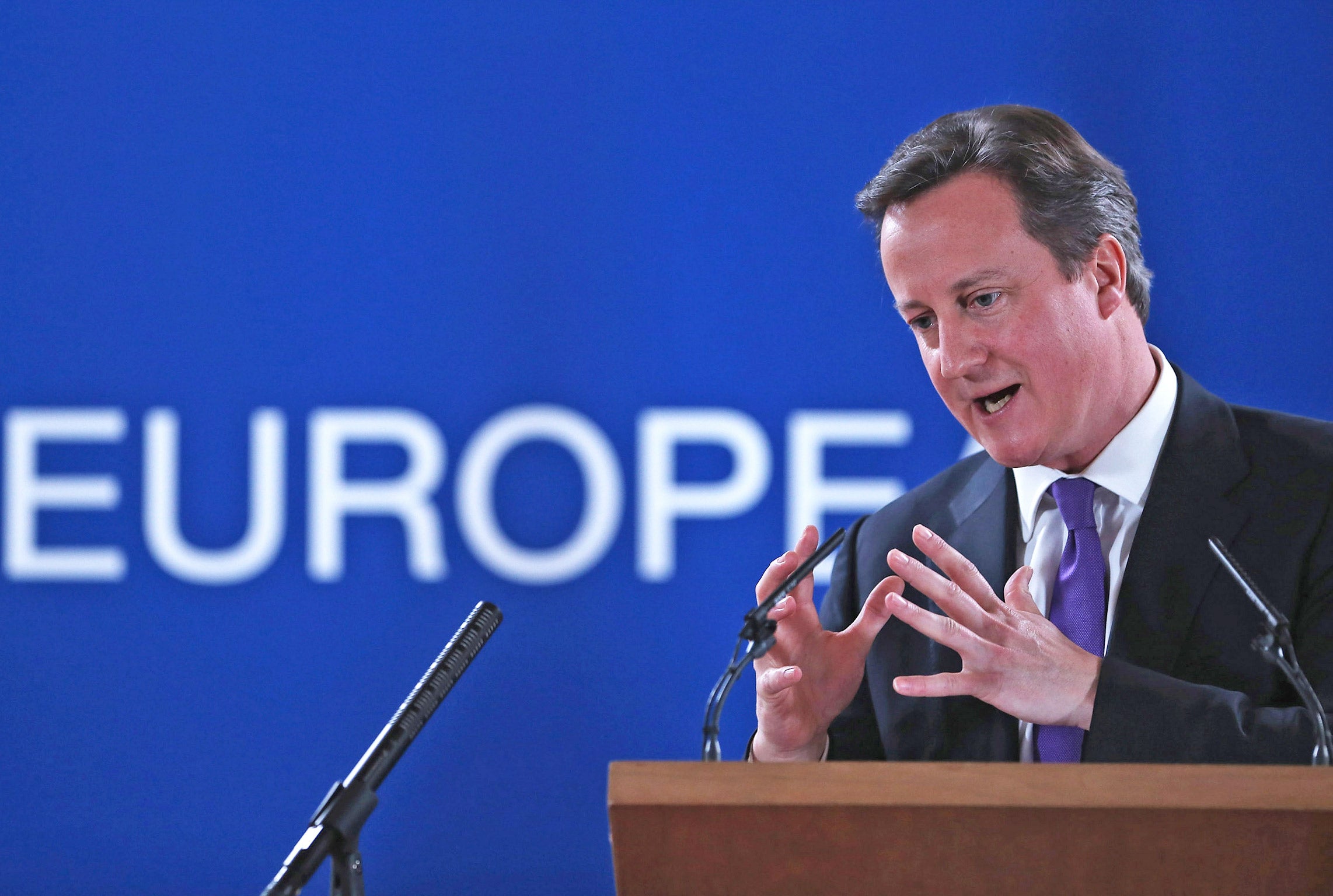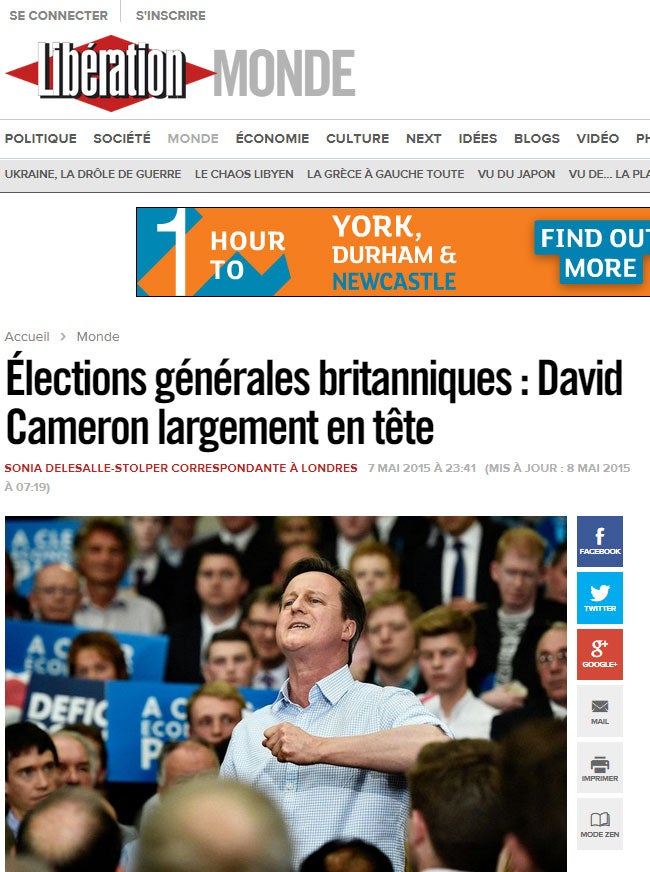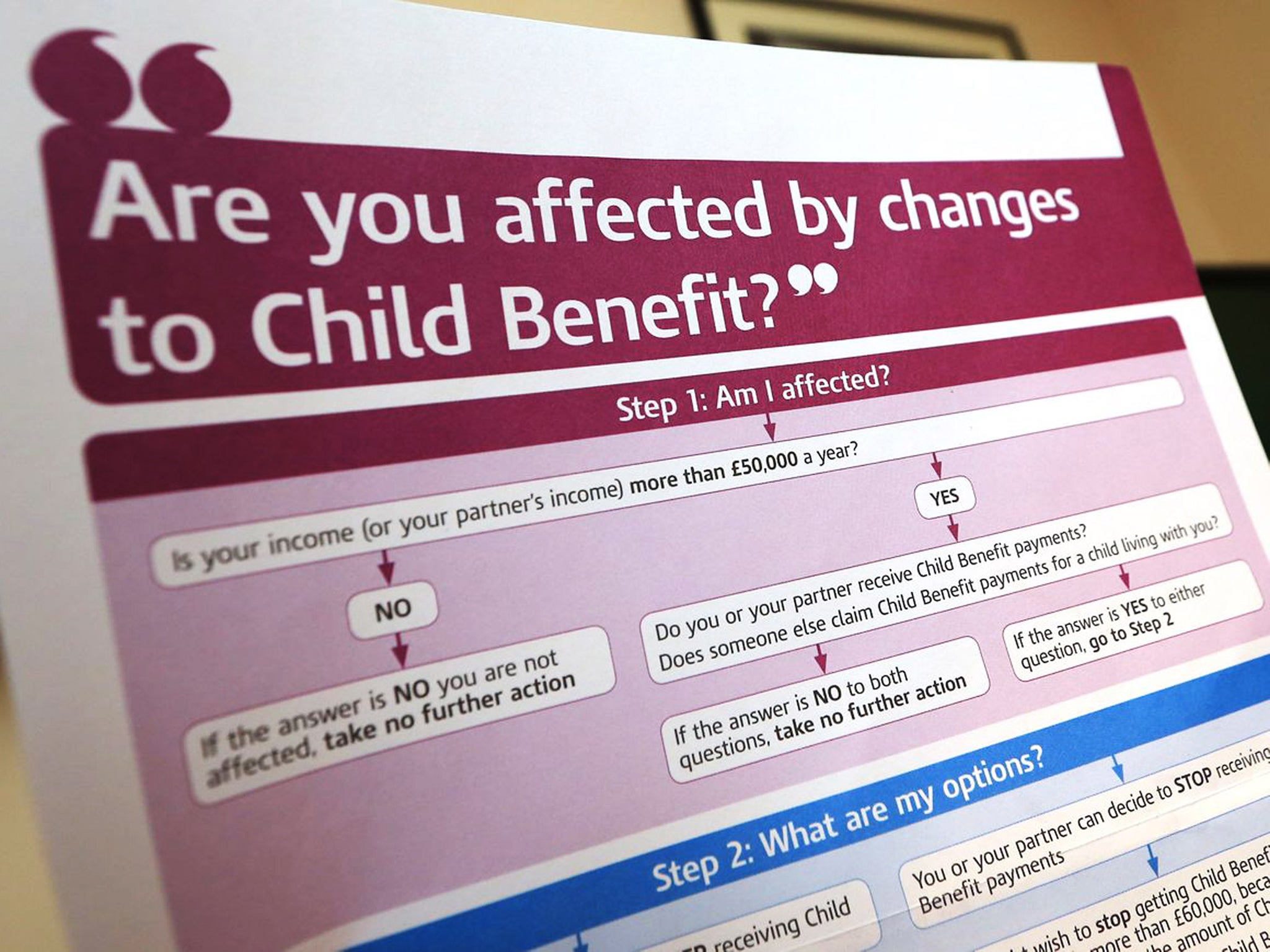General election results: World worried about possible 'Brexit' from EU after Tory victory
The prospect of another push for Scottish independence after the SNP landslide is also a cause for concern abroad

Your support helps us to tell the story
From reproductive rights to climate change to Big Tech, The Independent is on the ground when the story is developing. Whether it's investigating the financials of Elon Musk's pro-Trump PAC or producing our latest documentary, 'The A Word', which shines a light on the American women fighting for reproductive rights, we know how important it is to parse out the facts from the messaging.
At such a critical moment in US history, we need reporters on the ground. Your donation allows us to keep sending journalists to speak to both sides of the story.
The Independent is trusted by Americans across the entire political spectrum. And unlike many other quality news outlets, we choose not to lock Americans out of our reporting and analysis with paywalls. We believe quality journalism should be available to everyone, paid for by those who can afford it.
Your support makes all the difference.While presidents and prime ministers have been queuing up to publicly congratulate David Cameron, the surprise Tory success has also set alarm bells ringing around the world.
And the Conservatives’ promised in-out EU referendum appears to be a cause for concern internationally - along with the Scottish National Party (SNP) landslide victory, which has renewed fears of Scottish secession.
Leading German magazine Der Spiegel wrote that the Prime Minister’s re-election was “bad news”.
“A referendum on Europe is now certain and it will be fatal for Europe,” a comment piece said.
“His party’s Eurosceptics, screaming on the back benches of Parliament for years, are now even more powerful…anyone looking at the new political map sees a divided country.”

Greece’s Kathimerini newspaper said all countries in the EU were struggling to “place the common good above their national interest”.
An editorial said both the Syriza-led government in Athens and Britain were “testing the limits of membership and the Union’s cohesion”.
It added: “All players should remember two simple facts: Thanks to ever closer union, Europe has enjoyed 70 years of unprecedented peace and prosperity; pulling too hard can break any bond.”
Panorama, a current affairs magazine in Italy, echoed the sentiment, saying the triumph of the SNP effectively gave the UK “two leaders and marching to two different tunes”.

In France, the left-leaning Liberation said the election had turned the British political landscape “topsy turvy” as Mr Cameron is confronted with the “chilling prospect of his country shattering”.
It added: “The crushing victory of the Conservatives, combined with the fiasco of an opposition that has been decapitated, has for the moment, confirmed the Prime Minister as above any threat.”

Even newspapers in countries outside Europe immediately voiced concern about the impact of an unshackled Tory government.
In the US, the Washington Post said a working majority only “heightened the degree to which the country faces a period of internal debate, inward-looking politics and potential instability, with questions about the durability of the United Kingdom and its place in both Europe and the world still to be answered”.
Meanwhile, the New York Times warned that Britain’s potential exit from the EU would distance it from Europe-wide policy making, “inevitably having an effect on Britain’s ties to Nato and the United States”.
Australia’s Sydney Morning Herald was less concerned, pointing out that without the Liberal Democrats, the Conservatives were “paradoxically weakened” by a wafer-thin majority.
Any contentious vote “could be upset by a few fractious backbenchers, well aware of the power they now wield,” the newspaper continued.
Israeli Prime Minister Benjamin Netanyahu called Mr Cameron to congratulate him personally but left-leaning newspaper Haaretz accused the Tories of using “scare tactics” and smears against Ed Miliband to win.
“The election results underline not only the growing distance between Scotland and the rest of the UK, but also deepening divides between classes and minority communities,” a comment piece warned.
Iran focused on its own problems, with an advisor to the President Hassan Rouhani calling for increased British involvement in negotiations on its nuclear capacity.

Hamid Aboutalebi, deputy chief of staff for political affairs, said: “British policy in the region and on the nuclear issue in recent years has been far from the capacities of that country and has been overshadowed by American policy.”
Predictably, Russian newspaper Pravda, associated with the country’s Communist Party, had little complimentary to say.
“For great swathes of the UK,” it claimed. “Prime Minister Cameron is seen as an arrogant, out of touch, over-privileged, aristocrat who hates the poor, disadvantaged, elderly, disabled, affordable social housing, those unable to find work in a shrinking job market and just about anyone not from his money-mired hunting and country mansion pals.”
The article went on to claim that the Coalition’s austerity programme had led to “suicides and financially related deaths” that will continue under the new Government.
Join our commenting forum
Join thought-provoking conversations, follow other Independent readers and see their replies
Comments